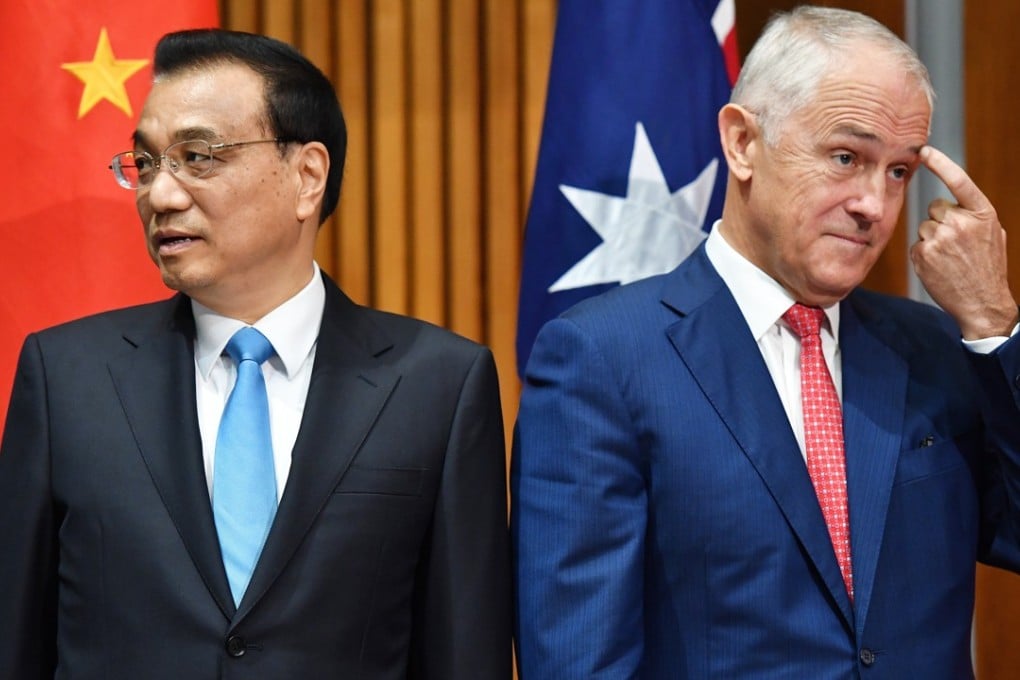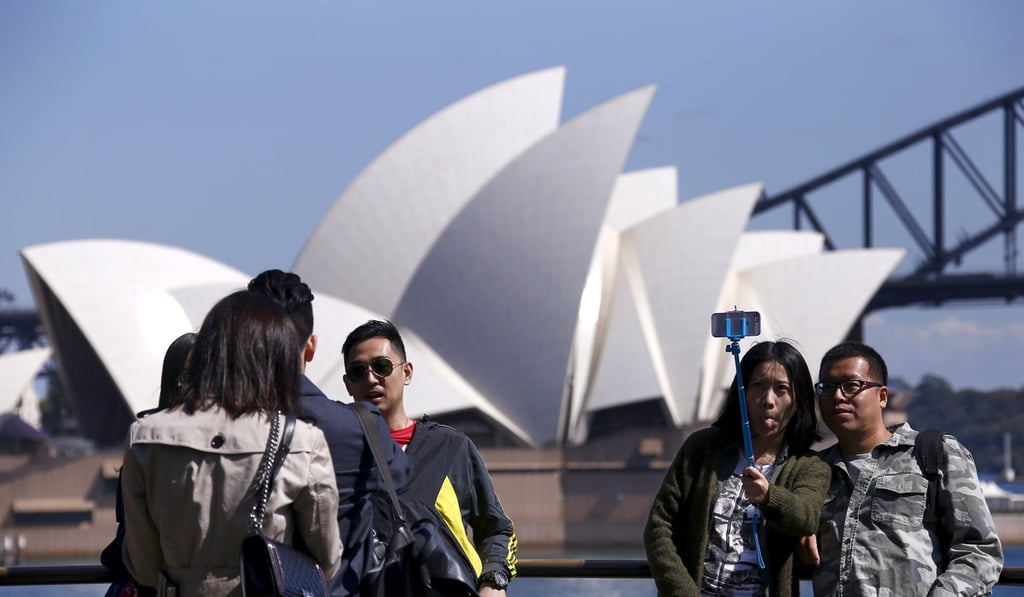China Briefing | Why Australia’s cure for Chinese influence is worse than the disease
Prime Minister Malcolm Turnbull has cause to push back against undue political influence from Beijing, but the economic price, and the price paid by his fellow citizens who happen to be of Chinese descent, is too high

On a recent overnight flight from Beijing to Sydney, most of the passengers were mainland Chinese tourists looking forward to a respite of summer sunshine and fun, with some talking excitedly about the upcoming spectacular New Year’s Eve fireworks in Sydney, or hot-air ballooning over the Hunter Valley vineyards.
They seemed oblivious to a viral story trending on the mainland’s social media about Australia becoming the “most unfriendly” country to China during 2017, according to an online straw poll conducted by the Global Times, China’s most hawkish tabloid, sponsored by the People’s Daily.

But during my recent brief holidays in Australia, the unscientific poll results invariably came up in my interactions with Chinese Australians, and added spice to the dinner table conversation about how some of them had lived a surreal year of anxiety and angst.
Over the past year, Chinese Australians who form the largest overseas Chinese community in Oceania, have found themselves at the centre of unwanted attention and scrutiny from the Australian government, intelligence services and media. In what appeared a concerted campaign, some of the community’s prominent business leaders were accused of acting as possible agents of the Chinese government by seeking, at its behest, to influence Australia’s domestic politics through political donations.
Turnbull in a China shop: did Beijing bogeyman sway an Australian election?
The Chinese government was also accused of peddling its influence through the Confucius Institutes opening up across the country, mobilising Chinese students for political purposes, and pressuring Australian universities and publishers to suppress publications critical of China.
